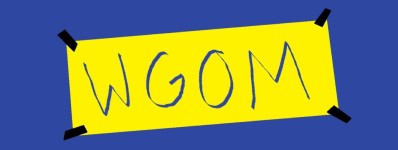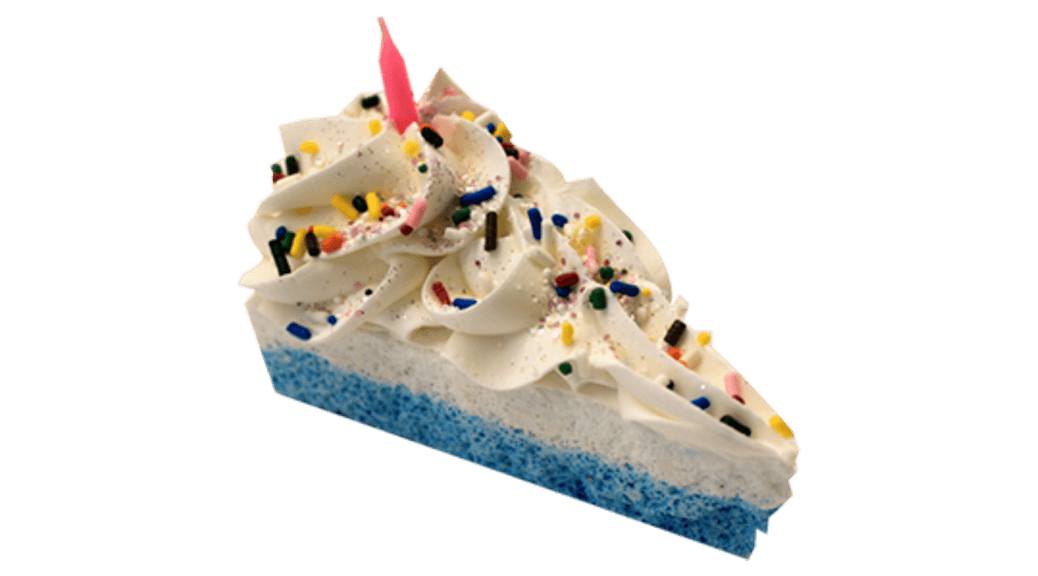Amos Rusie (1871)
Turkey Mike Donlin (1878)
Rube Oldring (1884)
Al Mamaux (1894)
Twink Twining (1894)
Turk Lown (1924)
Mel Nelson (1936)
Mike Sadek (1946)
Dana DeMuth (1956)
Mike LaCoss (1956)
Mike Oquist (1968)
John Courtright (1970)
Manny Ramirez (1972)
Scott Eyre (1972)
Dana DeMuth has been a major league umpire since 1983.
Left-hander Melvin Frederick Nelson pitched for the Twins in 1965 and 1967. He was born in San Diego. He played as an outfielder for independent teams from 1954-1955, then signed as a pitcher with St. Louis as a free agent in 1956. His minor league record was not bad but not terribly impressive, either. He both started and relieved every year in the minors. Nelson was apparently loaned to the Dodgers’ organization in 1960, where he had a fine year, going 13-7, 3.69 for AAA Spokane. He was called up to the Cardinals at the end of the season, pitching eight innings over two appearances. He had a poor year at AAA in 1961, then apparently battled injuries in 1962. Nelson was sold to the Los Angeles Angels after the 1962 season and was in the majors much of the 1963 campaign. He did not pitch well, however, posting an ERA of 5.30 and a WHIP of 1.65 in 52.2 innings over 36 appearances. He began 1964 at AAA and then was sold to the Twins in late May. Minnesota made him a full-time starter in AAA Atlanta, and he had a fine season, going 9-12, 2.96 with a WHIP of 1.15. Nelson then went into the Minnesota bullpen in 1965, his only full season in the majors. He went 0-4, 4.12 with a WHIP of 1.46 in 54.2 innings over 28 appearances. He had a poor year in AAA in 1966, when he both started and relieved, but a good year in 1967, when he was made a full-time reliever. He made one appearance for the Twins that year, pitching one-third of an inning. After the season, the Twins sold Nelson to St. Louis. He got brief appearances in the majors the next two seasons, pitching well in 18 outings in 1968 and poorly in 8 outings in 1969. He pitched at AAA for Atlanta in 1970, then his playing career was over. He then was a long-time scout, last working for the Houston Astros in 2006. At last report, Mel Nelson was living in Highland, California and working for Stater Bros. Markets, working in the Construction, Building, and Development Department. A few years ago, he said that he hoped to keep working until he was eighty. He turns eighty today, so if he's still working, he made it.
Catcher Michael George Sadek did not play for the Twins, but was in their minor league system for three years. He was born in Minneapolis, went to high school in Richfield, Minnesota, and attended the University of Minnesota. He was drafted by Minnesota in the fifth round of the June Secondary draft in 1967. He was half-way decent on offense in Class A but hit only .192 when promoted to AA in 1969. Unsurprisingly left unprotected, Sadek was selected by San Francisco in the Rule 5 draft. Something was obviously worked out, because he spent the next three years at AAA Phoenix as a part-time catcher. He was apparently thought of as a good defensive catcher, because he did not hit in the minors with the exception of 1971, when he hit .309 in 220 at-bats, his only minor league season above .270. Sadek’s first full year in the majors was 1973, when he was a seldom-used third catcher for the Giants. He was back in AAA for 1974 and 1975 until early June, when he finally left the minors behind for good. Sadek was a reserve catcher for the Giants through 1981, never getting more than 151 at-bats. He generally hit in the .230s, with his best offensive year coming in 1980 when he hit .252. In total, he played in parts of eight seasons in the majors, batting 813 times for a .226 average. At last report, Mike Sadek was working for the Giants as assistant director for community affairs, but it does not appear that he still holds that position. He also served as a body double for Robert DeNiro in the movie “The Fan” for the scenes in which DiNiro is throwing a baseball.
Right-hander Michael Lee Oquist did not play for the Twins, but was in their farm system in 2001. Born and raised in La Junta, Colorado, he attended the University of Arkansas and was drafted by Baltimore in the thirteenth round in 1989. He pitched well in the low minors, but struggled for a while when promoted to higher levels. He got things going in 1993 at AAA Rochester, going 9-8, 3.50, 1.24 WHIP, and made his major league debut with the Orioles at the end of that season. He went back-and-forth between Rochester and Baltimore in 1994 and 1995, starting in Rochester but mostly coming out of the bullpen in the majors. A free agent after the 1995 season, he signed with San Diego and had a fine year in AAA, going 9-4, 2.89 before coming up to the majors at the end of the season and continuing to do well in eight games. The Padres were not overly impressed, though, and allowed him to become a free agent. He signed with Oakland and spent most of the next three seasons in the Athletics’ starting rotation. He did that despite the fact that he did not pitch well there: he was 20-27, 5.63, 1.52 WHIP in 423.1 innings. He became a free agent after the 1999 season, spent 2000 in AAA with Detroit, became a free agent again, and signed with Minnesota for 2001. He was in AAA Edmonton all year, going 5-8, 4.15, 1.46 WHIP in 20 starts. He was out of baseball in 2002, went to the independent Atlantic League in 2003, and was in AA with Oakland in 2004 before his playing career came to an end. It appears that Mike Oquist has moved back to LaJunta and is employed by Valley Plumbing and Heating, which appears to be a family business. His son, Dallas, pitched for Lamar Community College in Lamar, Colorado.
Left-hander John Charles Courtright did not play for the Twins, but was in their farm system in 1995 and 1996. He was born in Marion, Ohio, attended Duke University, and was drafted by Cincinnati in the eighth round in 1991. He rose at a pace of about a level a year, reaching AAA in 1994. He was called up to the majors in early May of 1995 and made his major league debut May 6, allowing one run on two hits in the eighth inning of a 13-11 victory for the Reds over the Mets. Unfortunately for Courtright, that was also his major league swan song; he was sent back to AAA and never made it back to the majors again. On June 8, 1995 he was traded to Minnesota for David McCarty. He made 17 starts for AAA Salt Lake, going 3-7, 6.80. He was no better in 1996, going 1-1, 6.61 in 14 appearances (three starts) for AA Hardware City. He moved on to the Baltimore organization at the end of 1996 and was back in the Cincinnati system in 1997, but whatever he had was gone, and he was out of baseball after that. At last report, John Courtright had become a sports agent and was a client manager for Relativity Baseball in Ann Arbor, Michigan.

